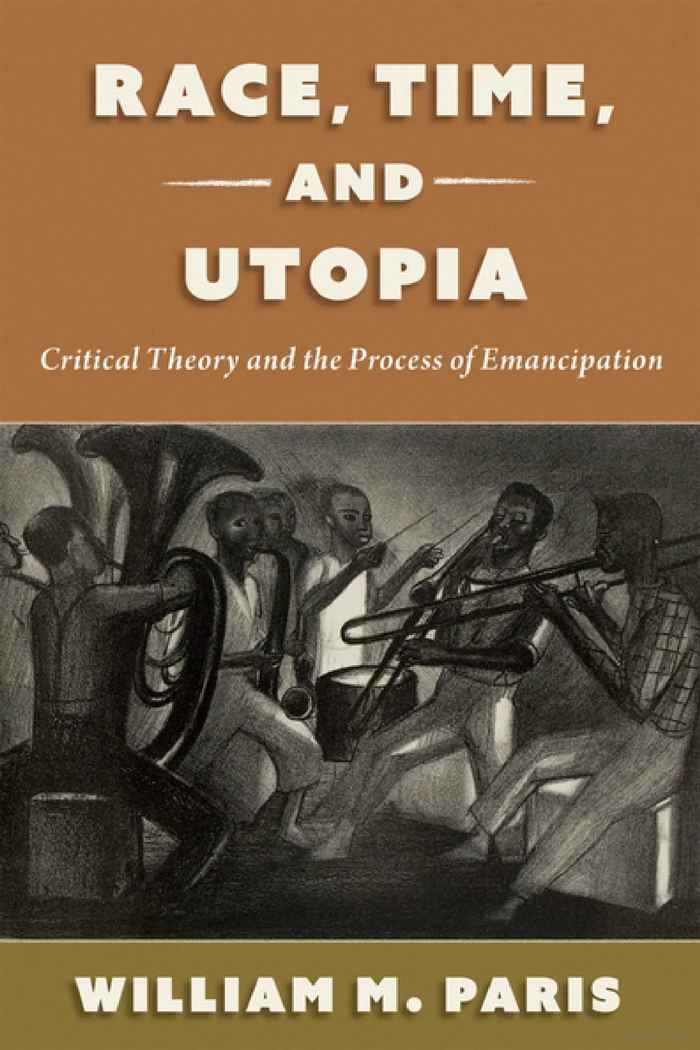Utopia and Social Conflict
- Date
- 30 October 2025
- Time
- 10:00 -18:00
- Location
- Oudemanhuispoort
- Room
- OMHP C0.17

The workshop will be a discussion of selection(s) from the book chosen by Paris with faculty and students. The workshop will center on questions for students, though faculty will have time for questions as well. For credits, students will complete the readings, prepare a set of reading notes and discussion questions for the workshop, and attend both events.
To register, please send an email to Lillian Cicerchia (l.h.cicerchia@uva.nl) or Michael Thomas (m.l.thomas@uva.nl), and include the following basic information: I am a ResMA student/ PhD candidate. I am affiliated to [name University/ program]. I plan to participate in this event for credits and choose option (see below, if applicable). I consent to the sharing of my personal information (name and email address) to receive additional information.
The lecture, held that evening, will allow Dr. Paris to present his work to a mixed audience of University members and the public. He has provided us with the following abstract of his talk:
We all know the story of utopia: it is an ideal and perfect place that we will never reach. Perhaps it can inspire us, show us how the world falls short, but it can never itself be an object of practical activity. The idea that utopianism and realism are polar opposites appears to be the dominant consensus. This consensus has led critics of utopia to make the accusation that utopianism is primarily a moralistic practice or non-political. I argue that the dominant narrative of utopia is unpersuasive on two fronts:
First, it assumes that the content of utopias primarily concern perfection rather than social critique.
Second, the dominant narrative supposes that the genesis of utopia is to be found primarily in the ideas and ideals of philosophers and poets rather than the social conflicts between the dominant and the dominated.
Utopias, I will argue, are not opposed to realism; they are expressions of social conflict over who has the power to determine what will be considered "realistic." It is in the interests of the dominant to cast the claims of the dominated as "utopian" and thereby concealing the contingent and contestable foundations of political life. Revealing the interest-laden standpoints concerning utopia is the first step toward grasping utopia as the immanent ferment of real class conflict and, perhaps, the self-emancipation of the dominated.
